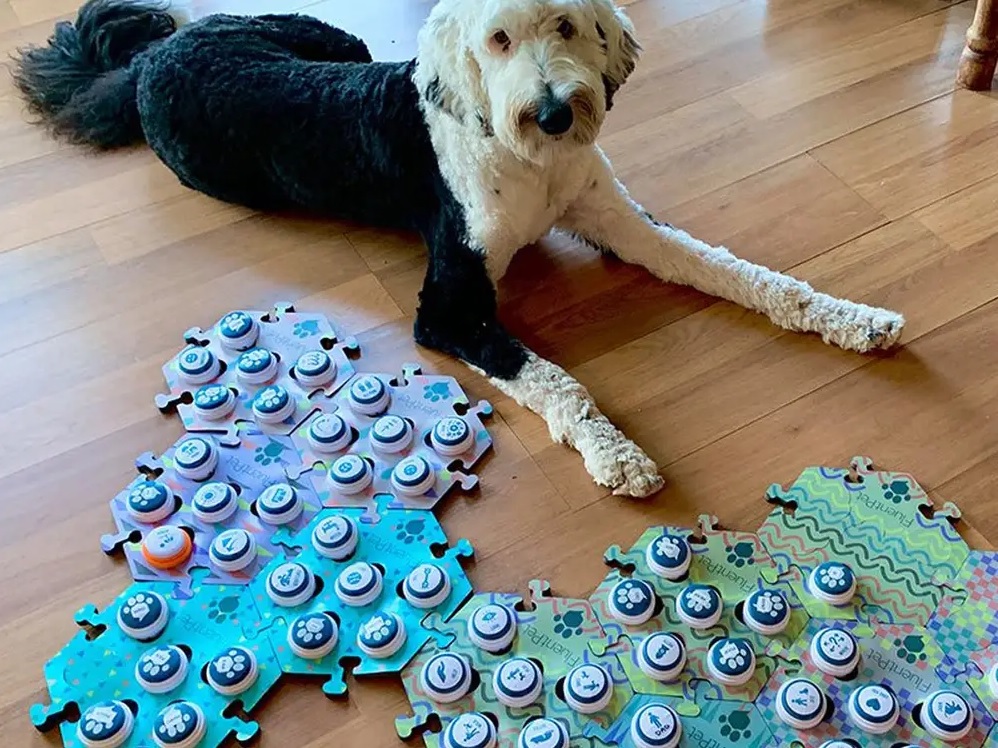The Baby Station
Posted 2022/2/3

I’ve broken down my ideas on a theoretical education system that graduates students as quickly as possible into three broad areas.
- Early childhood, or the preschool years;
- Primary and secondary school; and
- Guidance in post-secondary life.
Some of my thoughts on the first area:
By incorporating more formal, intentional teaching into the early years in a smart way, children could learn a lot more, on average, than they currently do.
We know this in part because there are plenty of accounts of parents choosing to teach their children more than the norm and then seeing results beyond the norm. Of course, when looking at this evidence you do have to acknowledge the selection bias (parents with smart children may be more likely to teach their children more than is usual for various reasons) and you must acknowledge that some early learning “fades out” over time if the student goes to primary school without continued acceleration.
More evidence in favor of the efficacy of intentional teaching in the early years comes from the fact that people can only be taught certain skills during their early development. Perfect pitch is a great example. Research has shown that you can teach it to kids, but their ability to learn it decreases as they age. There are other useful skills that are similar, and I bet there are many more that we haven’t discovered yet. Perhaps the Polgar sisters think about chess in a way that very few people can unless they were taught chess at a very young age, for instance.
All this is to say, I think that we should be teaching babies more. What specifically is best to be teaching them I don’t know, and there’s probably an argument that there should be heterogeneity in what they are taught for experimental reasons but also because the world needs people with all sorts of knowledge and perspectives.
To teach babies effectively, or at least to encourage the teaching of babies, I’m planning on building what I’ve been calling a baby station. The current plans are for a board with large buttons that even a baby with basic motor skill could push. The buttons would be connected to a computer with a screen and speakers (this computer could be a tablet for instance) which has prompts that the baby would, after they learn, react to by hitting the correct button or a wrong button. A series of prompts would make up a lesson which would have some criteria to be marked as mastered, and a series of lessons would make up a module which would correspond with some skill or body of knowledge.
An accompanying application would allow the parent (or teacher or guardian or whoever) to follow the babies progress and to, importantly, make their own modules which can be shared through some sort of public module library.
I’ll outline progress on developing and testing this baby station in future posts. First I’ll be focusing on teaching perfect pitch as it serves as an obvious use case of the baby station and seems to be more straight forward to teach than many other things.